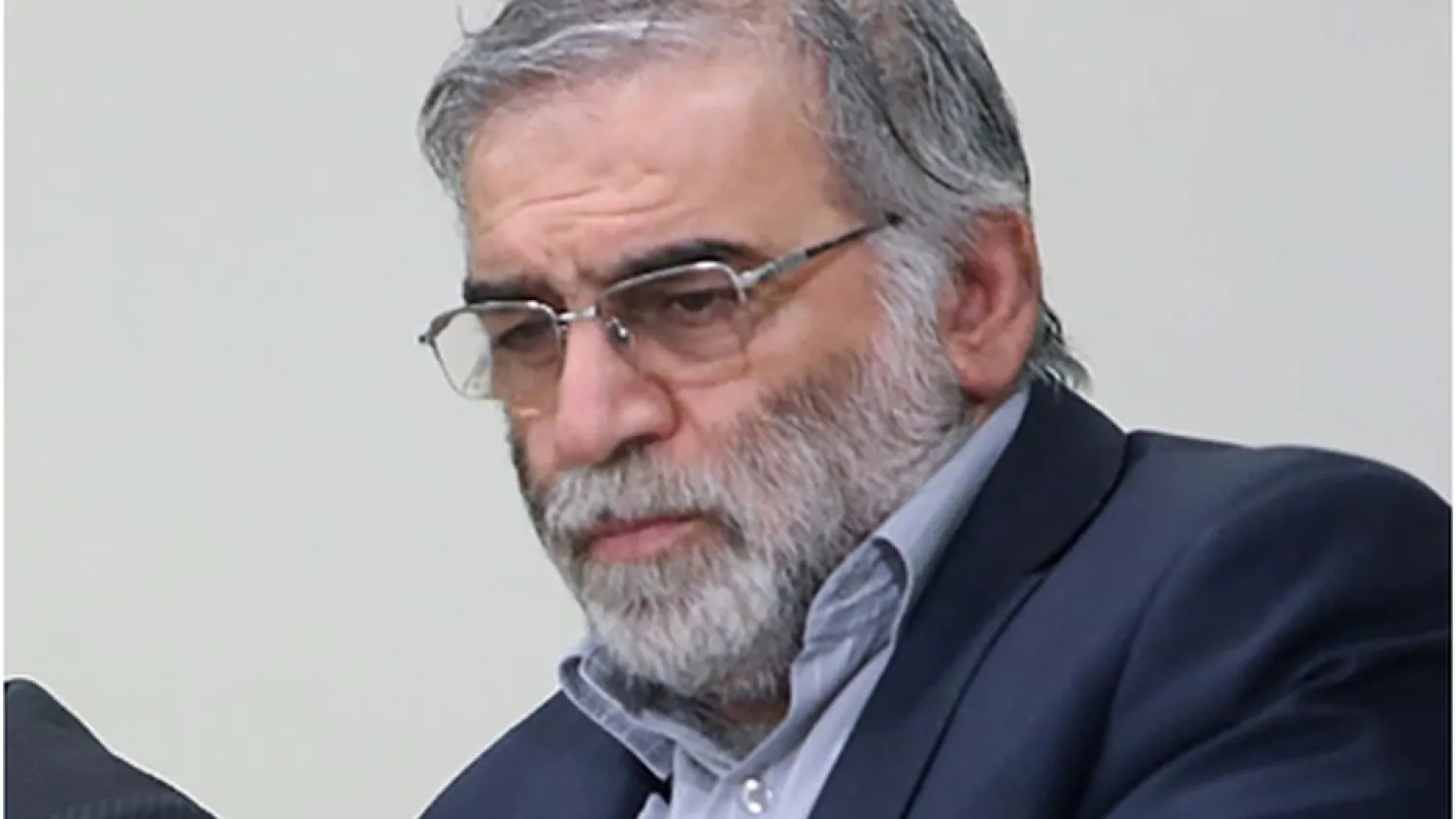Even though Baghdad refrained from taking an official stance on the assassination of Iranian nuclear scientist Mohsen Fakhrizadeh, Shiite political parties and blocs in Iraq like the Islamic Dawa Party issued loud condemnations against the killing.
A single Sunni organization, the Iraq Scholars Association, headed by cleric Khaled Al-Mulla, issued an obituary and condemnation statement.
The assassination preoccupied the Iraqi public opinion on various media platforms.
Controversy was sparked between those who believe that an Iranian retaliation would not involve Iraq, given its current political instability, and those who say that Tehran will not avenge Fakhrizadeh’s death for the time being.
Many are convinced that Tehran will remain silent in order to avert chances of outgoing US President Donald Trump using their retaliation to warrant a striking hit on Iran.
Others say that Iran may decide to respond to Fakhrizadeh’s killing in other parts of the region, like in the Arab Gulf or against Israel.
While it may prove to be too risky for Iran to respond now that the US administration is undergoing a delicate power transition, Iranian proxies in Iraq may stage retaliatory missile attacks against Baghdad’s Green Zone, where the US embassy is found, or against American assets in the country.
National Iraqi Alliance leader Ayad Allawi warned against the rise of extremism in light of the absence of political stability in Iraq.
“I am afraid of an expected escalation of extremist groups, on top of which is ISIS, which may take advantage of political instability,” Allawi tweeted on Saturday.
“These groups may exploit the aggravated economic and health crisis, the absence of a national contract that binds components of the people and political parties, and failure to eradicate terrorism from its roots,” he added.
Allawi emphasized the need for the Iraqi government to focus efforts on resolving the above mentioned challenges.
Hussein Allawi, national security professor at Al-Nahrain University, explained that if Iraq doesn’t overcome its vulnerabilities and political instability it would be rendered an easy target for Iranian agenda.
“Political parties have left the Iraqi government to face internal and external challenges on its own,” Allawi told Asharq Al-Awsat.
“Iran can place Iraq in the basket of targeted goals, especially since there are diplomatic and training advisory missions working with the joint Iraqi forces,” Allawi cautioned.









